Assistant Professor Dr. Nicolas Lopez-Galvez was one of three SDSU Primary Investigators to be awarded University of California Office of the President (UCOP) Climate Action Seed and Matching Grants for 2023. This project “Implementing an intervention to reduce heat stress and chemical exposures” is being conducted in partnership with the Imperial Valley chapter of the statewide network Lideres Campesinas, as well as multiple faculty from SDSU SPH including Drs. Eunha Hoh and Benjamin Aceves and the new research collaborative BienESTAR (Environmental Social Transborder Action Research) hosted at SDSU’s Imperial Valley campus.
With a notably active agricultural sector and a local desert climate that increasingly feels the impacts of climate change, farmworkers are uniquely subjected to negative health outcomes from both heat-related illnesses and exposure to chemical toxins. “Many of the farmworkers and their families living in Imperial County reside along the edge of the Salton Sea,” Dr. Lopez-Galvez explained. As temperatures in the region continue to rise and the Salton Sea dries, a wide variety of toxicants in the lake’s sediment including DDT and selenium are now capable of being blown into the air where they can then be inhaled. In addition, “no comprehensive heat stress or chemical assessments have been conducted in this region,” Dr. Lopez-Galvez emphasized. Farmworkers are already at high risk of developing heat-related illness and could benefit immensely from health surveillance systems and intervention programs tailored to their unique needs. “Special attention should be given to farmworkers and their families.”
This community-based intervention plans to enroll 60 participants who will engage with trained promotoras (community health workers) in workshops aimed to increase participant knowledge of how to avoid heat stress and prevent heat-related illness. In conjunction with this health education approach, participants will also be provided with fan filters to reduce their exposure to air pollutants that make their way indoors. The impact of the workshops will be measured via entrance and exit evaluations to assess heat stress; dust samples and silicone wristbands will be analyzed to evaluate pollutant exposures.
“No comprehensive heat stress or chemical assessments have been conducted in this region [before now],” Dr. Lopez-Galvez explained. “It is necessary to protect this vulnerable population by comprehensively assessing and urgently mitigating the levels of heat stress and agrochemical mixtures that farmworkers and their families living in this region are exposed to.”





